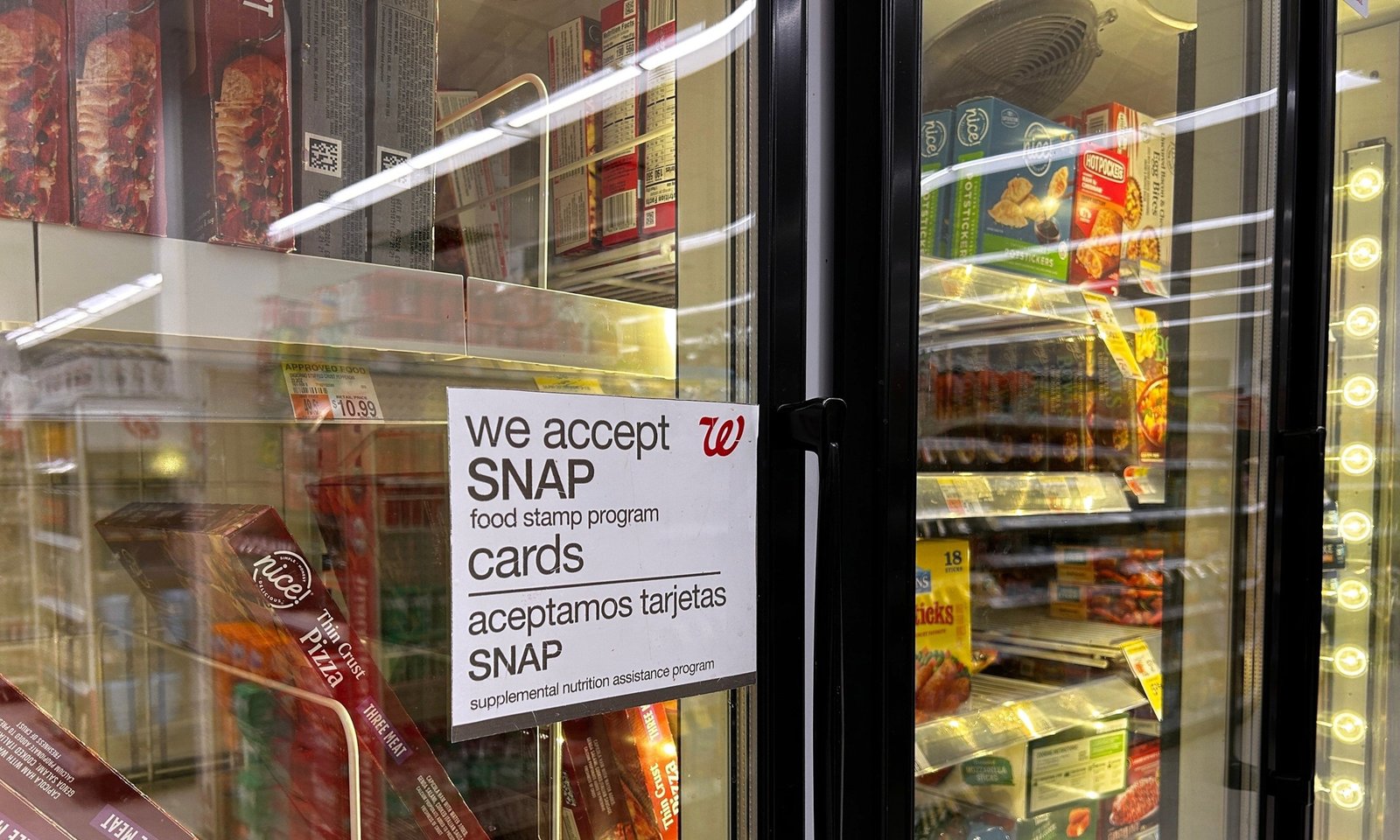During the weekend, administration officials reiterated that no additional money would be redirected to keep SNAP running and attributed the continued funding standoff to Democratic lawmakers. Earlier in the shutdown, the administration used separate accounts to cover military pay, a step it says is not legally available for nutrition assistance.
Speaker cites legal limits on contingency funds
House Speaker Mike Johnson on Monday argued that SNAP’s contingency account is “not legally available” because existing balances are tied to other nutrition programs. Johnson urged Democrats to support a temporary funding measure to reopen the government, warning that reallocating the remaining money could disrupt school meal services.
Democrats, meanwhile, remain focused on securing both SNAP payments and health-care subsidies ahead of the marketplace open-enrollment period that begins Nov. 1. Lawmakers from both parties have shown little movement toward a compromise, leaving the timing of any agreement uncertain.
Air traffic controllers face unpaid work
The Federal Aviation Administration slowed traffic flows over the weekend in Chicago, Dallas, Southern California, Newark, and other major hubs after some air traffic controllers called out. Controllers—deemed essential personnel—must continue working but will miss their first paycheck on Tuesday. Industry groups warn that prolonged staffing stress could amplify delays nationwide.
In addition to transportation and nutrition assistance, other deadlines are nearing. Federal workers’ health-care premiums are due soon, and several regulatory agencies have begun scaling back operations. The American Federation of Government Employees, which represents more than 800,000 federal and District of Columbia employees, has called for an immediate “clean” continuing resolution that would fund all agencies and guarantee back pay.
White House and Treasury signal no new talks
Asked whether President Donald Trump would restart in-person negotiations with congressional Democrats, Treasury Secretary Scott Bessent indicated that new meetings are unlikely, asserting that previous discussions yielded no progress. Bessent said the impasse is rooted in political considerations rather than budget specifics.

Imagem: Internet
The administration maintains that its emergency steps have already minimized disruption where possible. Critics counter that withholding SNAP payments and suspending pay for safety-critical personnel will intensify pressure on families and the broader economy. According to data cited in the USDA notice, SNAP pumps billions of dollars into grocery stores and related sectors each month.
An extended lapse could also complicate state budgets. While some states carry limited reserves for administrative expenses, few can finance full benefit levels without federal reimbursement. The National Association of State Budget Officers warns that stop-gap solutions would be short-lived and administratively complex.
Analysts continue to monitor whether the shutdown could drag on long enough to affect broader economic indicators. Previous funding gaps longer than 21 days have coincided with slowdowns in consumer spending and delays in federal contracts, though the scope can be hard to quantify. A review by the non-partisan Congressional Budget Office after the 2019 shutdown estimated a permanent loss of roughly $3 billion in gross domestic product.
Next steps on Capitol Hill
Both chambers are scheduled for pro-forma sessions this week, but neither has set a date for votes on a fresh spending package. Senate leaders have floated several alternatives, including a short extension of current funding levels and targeted appropriations for agencies most affected by the shutdown. House leaders insist any measure must pass their chamber first.
Congressional staff members from key committees are continuing technical discussions related to nutrition, defense, and transportation accounts. However, participants say significant policy differences—especially over long-term spending caps—remain unresolved. Until those issues are settled, SNAP households, air traffic controllers, and hundreds of thousands of other federal workers face growing uncertainty.
Additional details on SNAP operations during a lapse in appropriations can be found on the U.S. Department of Agriculture website.
Crédito da imagem: UCG/Universal Images Group via Getty Images



